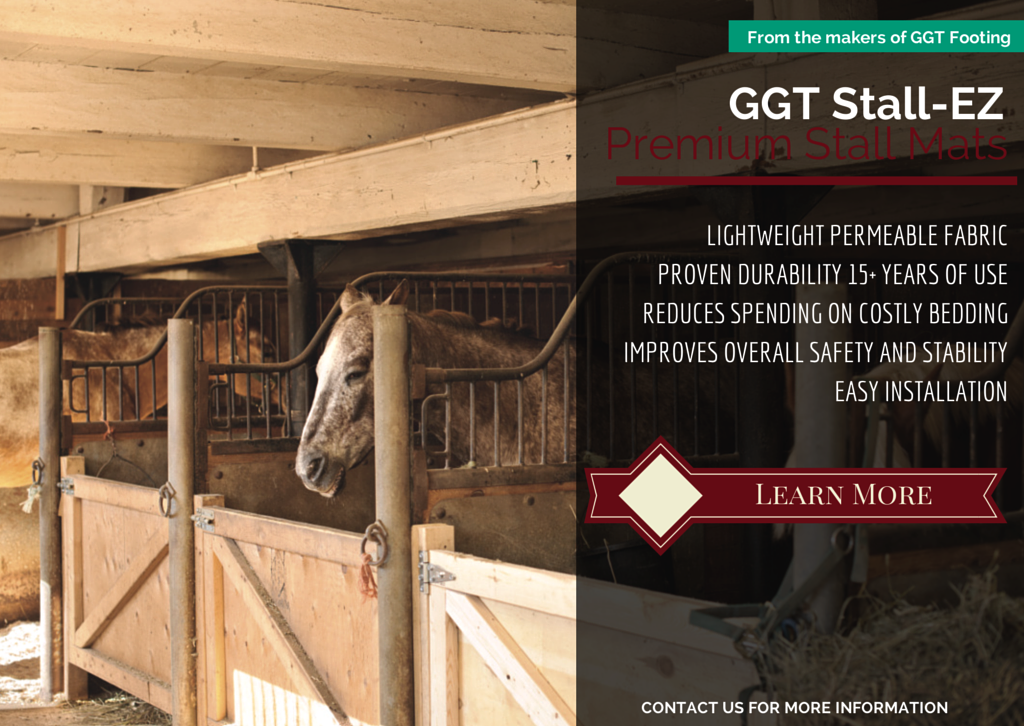Horses are huge, beautiful, and majestic creatures which humans have worked with for centuries. Of course just like working with any animal there are some risks. If not approached properly, a horse may become frightened and possibly kick or bolt. Horses are powerful animals and can cause serious injury if not handled properly.
Of course, keep in mind that horses are pasture animals. This means they have widely spaced eyes which gives them a huge range of peripheral vision. However, this limits their field of binocular vision, or the area where the animal can see with both eyes at once. Binocular vision is essential for judging depth, and so the majority of what a horse can see will typically be one-dimensional. This makes it difficult for the horse to judge exactly where they are in terms of how close someone or something is. As a result, they can often over react to insignificant sounds or activities going on behind or beside them in their blind spots.

Fortunately, with a little know how and a basic understanding of horses, any risks involved are readily minimized. A few common-sense guidelines should be followed at all times by everyone no matter their familiarity level with horses.
- Avoid sudden movements such as running, waving, etc.
- Young children and other pets should be in control at all times when near a horse.
- Never touch or feed a horse without permission from the owner.
- Speak quietly and avoid sudden, strange, or loud sounds.
- Approach a horse from the front or side, NEVER the rear.
- Let yourself be known to the horse, don't surprise it. Offer your hand at a safe distance for the horse to smell.
It is equine nature to be somewhat fearful of their surroundings, but if a horse is shying more often than normal, it may be due to several factors;
- High energy feed combined with too little exercise causing high spirits and restlessness.
- Poor eyesight.
- Nervous rider making the animal tense.
Remember, use common sense and good judgment when around any horse whether it's your own or someone else's. Working with these animals can be a highly rewarding experience and you shouldn't be put off by the fear of something going wrong. Just remain calm, and never try to corner or grab a spooked horse. If you would like to know more about equine behavior or showing, feel free to contact us, we would love to hear from you.


